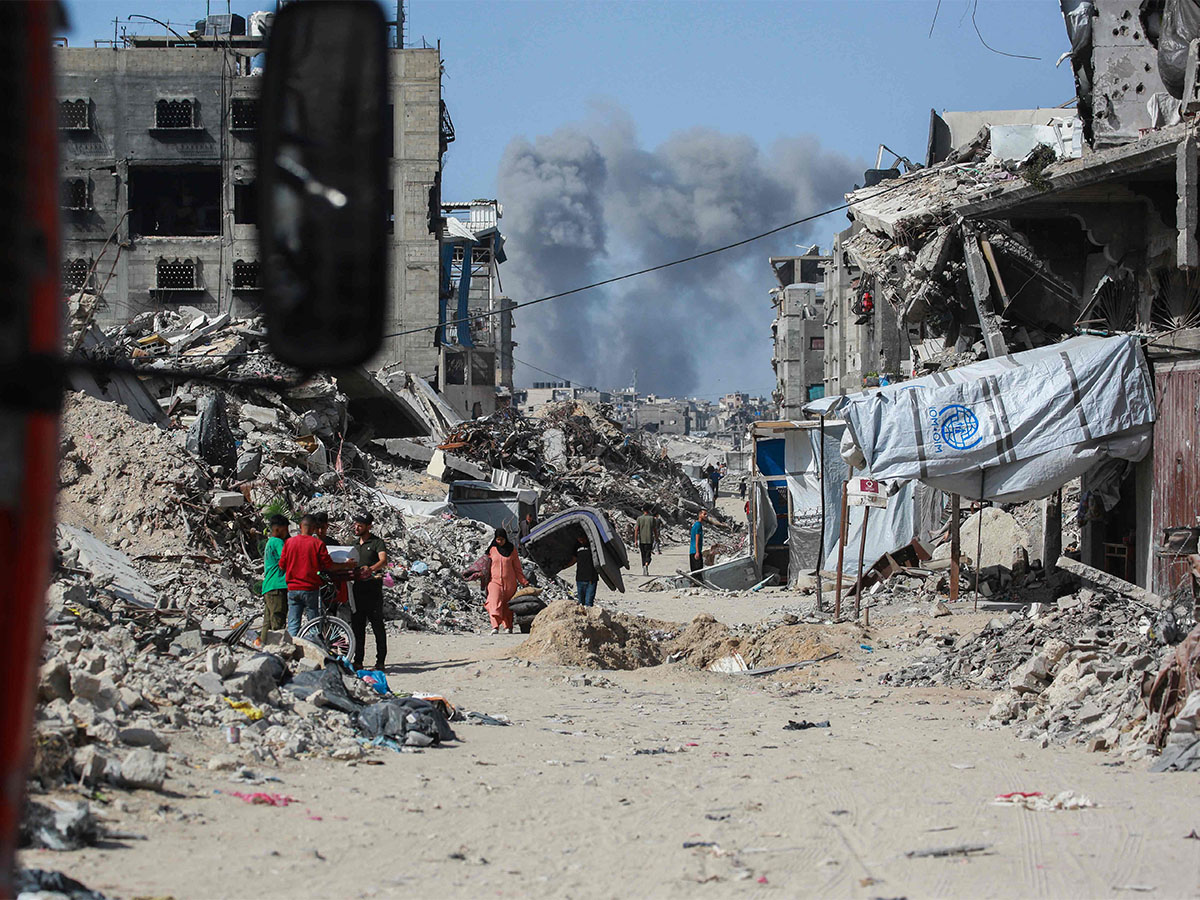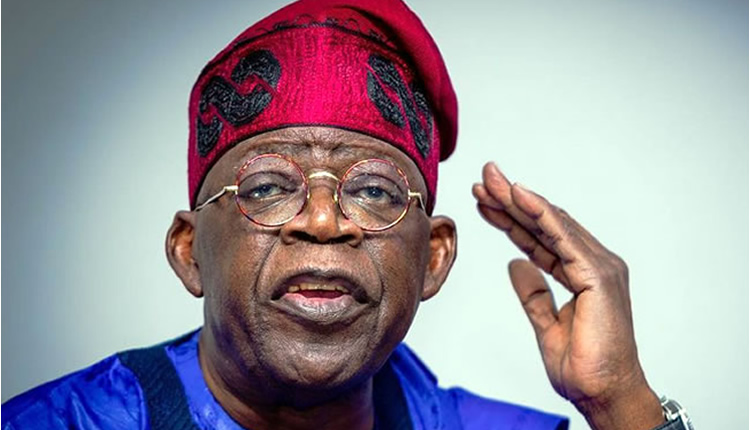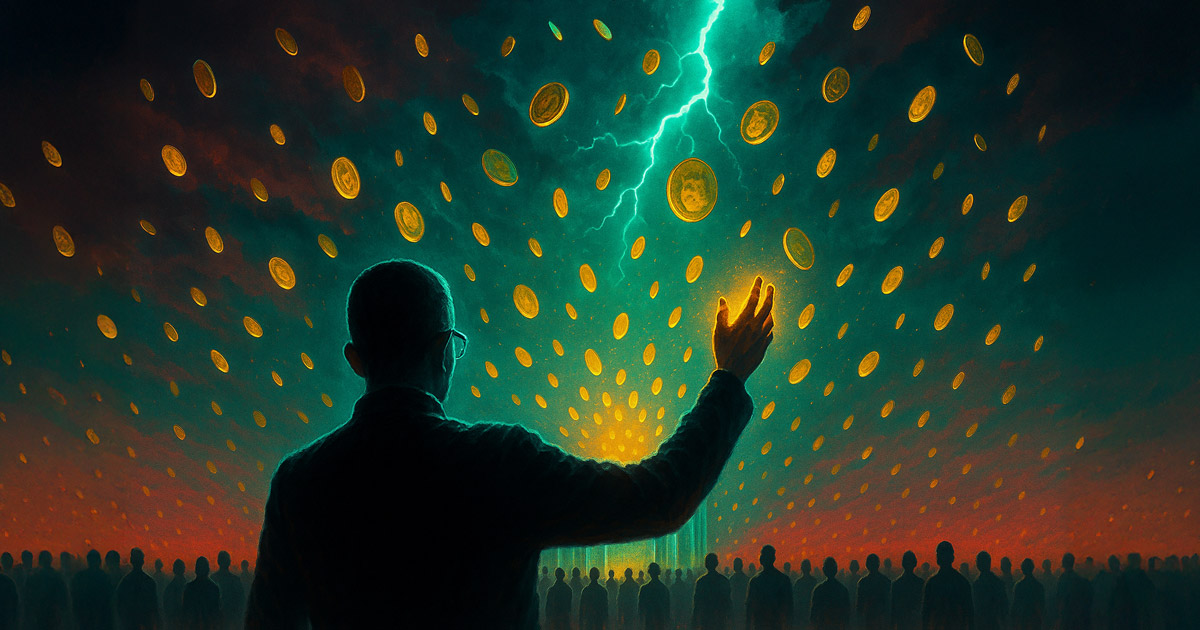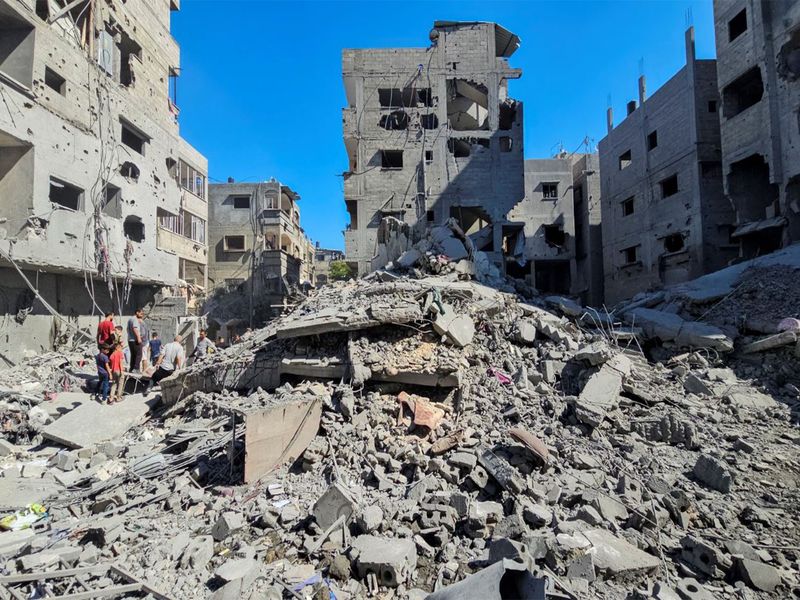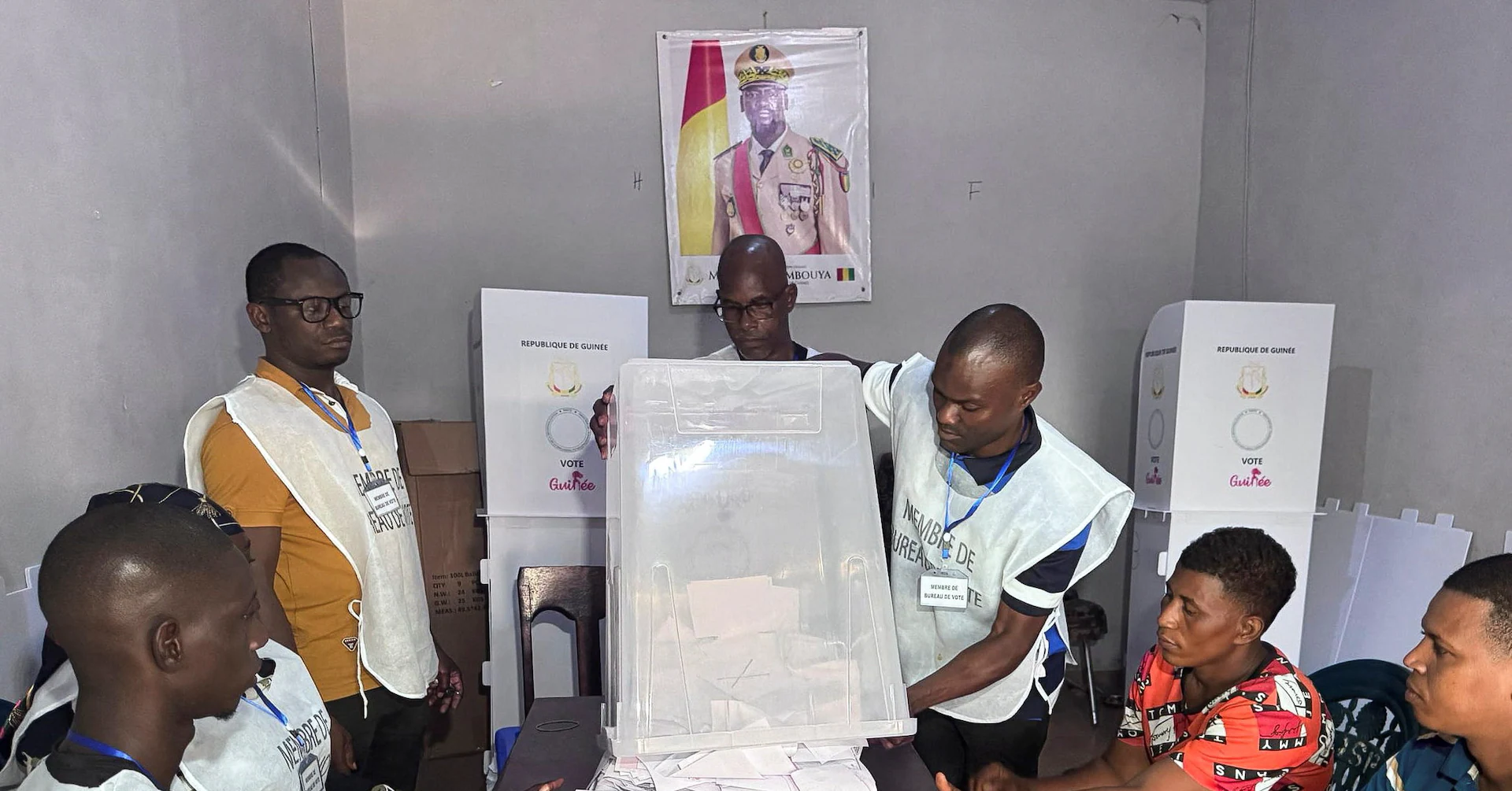
CONAKRY, Sept 23 (Reuters) – Voters in Guinea have overwhelmingly backed a new constitution that could allow coup leader Mamady Doumbouya to run for president if he chose to, according to partial results released late on Monday.
The constitution looked set to pass with 90.6% votes in favour and 9.4% against, Djenabou Toure, head of Guinea’s General Directorate of Elections, told reporters. Those figures were based on roughly 91% of votes cast in the referendum.
Sign up here.
An overall figure for voter turnout was not available, but officials had counted more than 4.8 million votes out of more than 6.6 million registered voters, meaning turnout had exceeded 70%.
Doumbouya seized power in Guinea, home to the world’s largest reserves of bauxite, in 2021. It was part of a wave of eight coups that swept West and Central Africa between 2020 and 2023.
A charter adopted after the coup barred members of the transitional government from seeking office.
But that language was not included in the constitution put to voters on Sunday.
While the referendum has been seen as a step towards elections and the return to civilian rule in Guinea, Doumbouya’s opponents have criticised it as a power grab by him.
Doumbouya’s government missed a December 31, 2024 deadline it had set itself for a return to civilian rule. Its presidential election is currently expected to take place in December.
Doumbouya, a 40-year-old former member of the French Foreign Legion, voted along with his wife at a health centre in Conakry on Sunday, wearing sunglasses and a baseball cap bearing a drawing of a traditional mask symbolising fertility.
He has not said yet whether he intends to run for office.
Guinea’s two main opposition leaders, Cellou Dalein Diallo and deposed former President Alpha Conde, had called for a boycott of the referendum.
Their political parties are currently suspended, and Human Rights Watch has accused the government of disappearing political opponents and arbitrarily suspending media outlets.
The government has denied any role in disappearances but has vowed to investigate such allegations.
